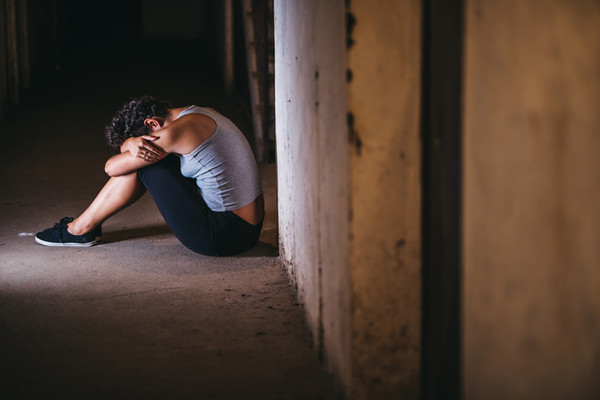Counseling for people at high risk of suicide continues to grow, but it's not leading to actual treatment, according to data.
Active intervention is needed to overcome the stigma of Korea's No. 1 suicide rate in the Organization for Economic Cooperation and Development (OECD), a lawmaker said based on the data.

Rep. Choi Bo-yoon of the ruling People Power Party said Monday that an analysis of the “Suicide Prevention Center Operation Status Data” she received from the Ministry of Health and Welfare showed that in 2023, the number of consultations for people at high risk of suicide reached 564,202, but only 3,307 led to treatment.
By year, the number of suicide-risk counseling nearly doubled from 283,396 in 2019 to 564,202 last year. However, the data showed that the number of treatment referrals decreased by 39.5 percent, from 5,462 to 3,307 over the same period.
In particular, the number of treatment referrals in the first half of 2024 remained at 1,083, even lower than last year.
The number of people at high risk of suicide increased 36 percent year-on-year to 12,919 in 2023. However, the numbers of suicide attempts and bereaved families have also steadily increased to 5,075 and 2,349. In particular, the suicide rate per 100,000 people last year was 26.9 (provisional), the highest among OECD countries.
“The increase in suicide counseling is a positive sign that the prevention system is working. Still, I am concerned that the necessary treatment referrals are decreasing,” Rep Choi said. “It is urgent to build a systematic treatment referral system along with expanding the staffing of suicide prevention centers.”
Related articles
- Poor diabetics have 4.3 times higher suicide risk than rich non-diabetics
- Suicide attempters’ visits to ERs drop due partly to medical crisis
- Obesity misunderstood as a personal failure in Korea, experts redefine obesity as a chronic disease
- The impact of stigma and service gaps on mental health in Korea vs US
- How a culture of sleepless success in Korea impacts health and society
- Nearly 50% of Koreans experience moderate to high chronic embitterment: study
- Migrant workers in Korea face isolation and rising suicide rates
- Lee administration declares all-out war on suicide

